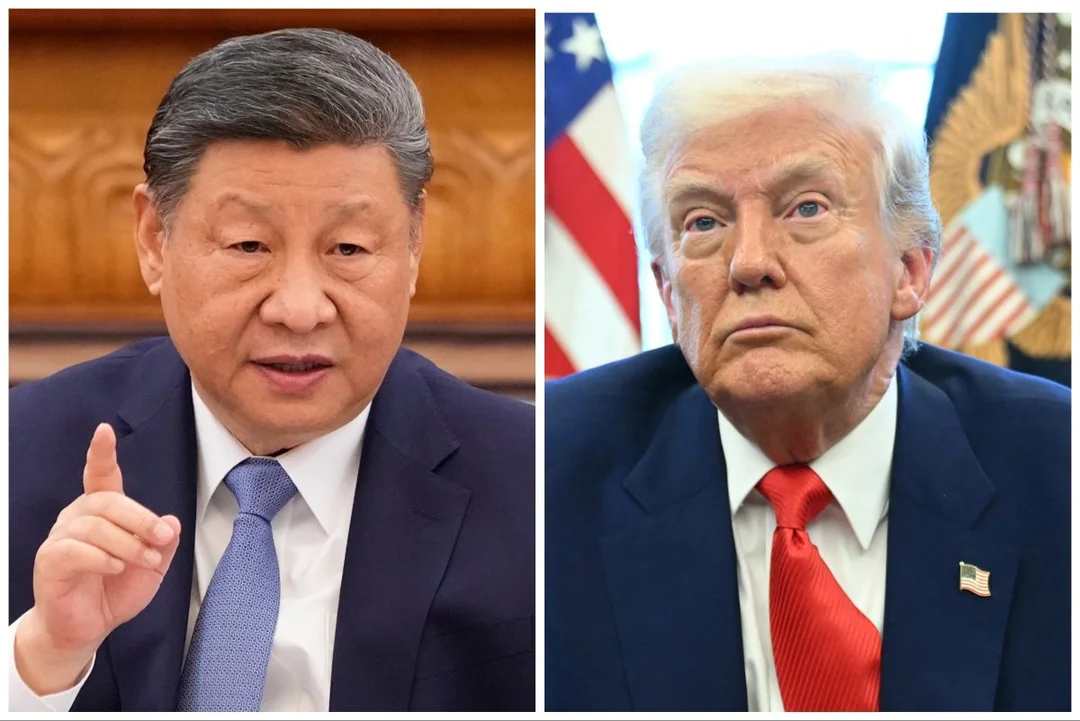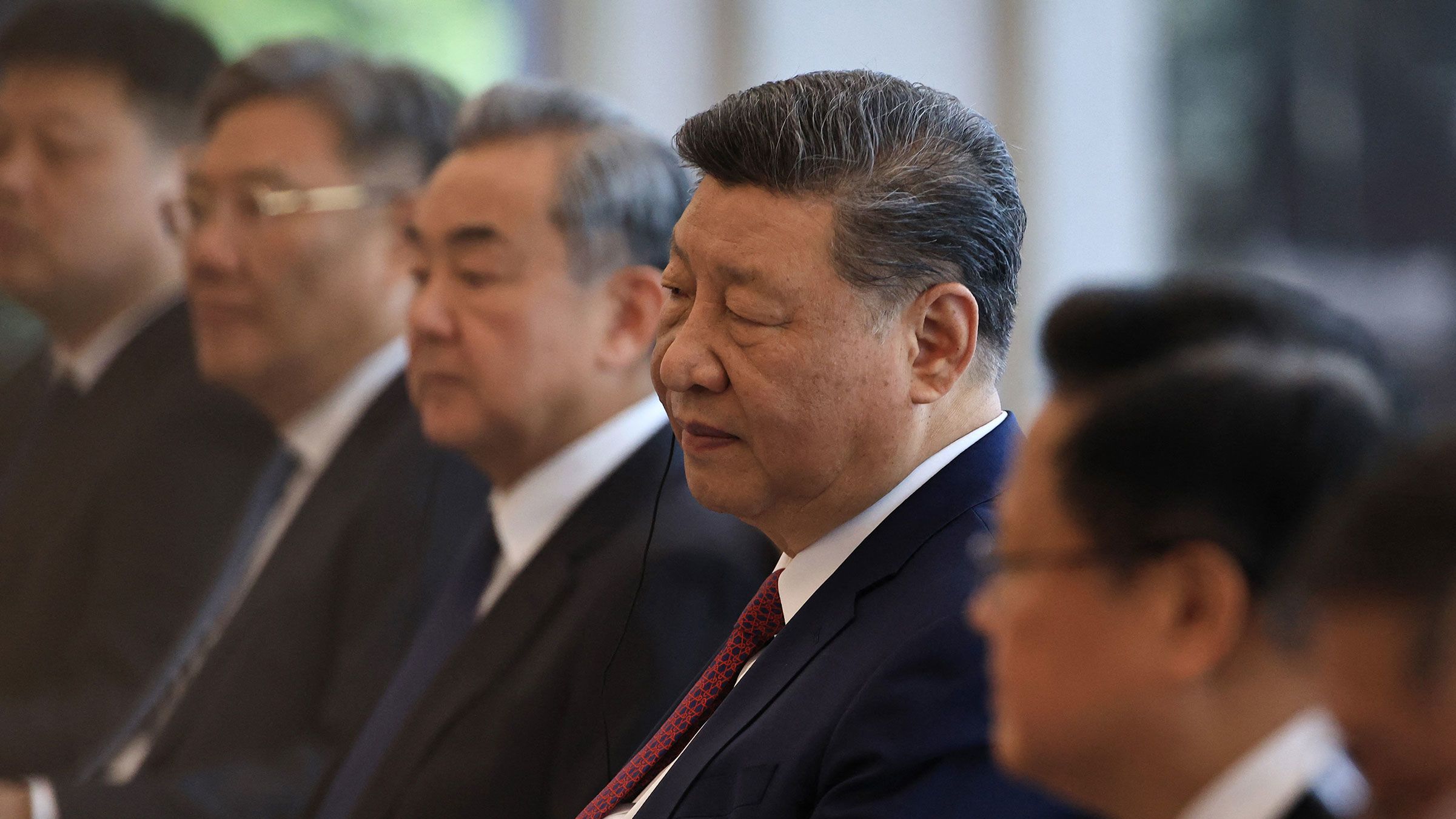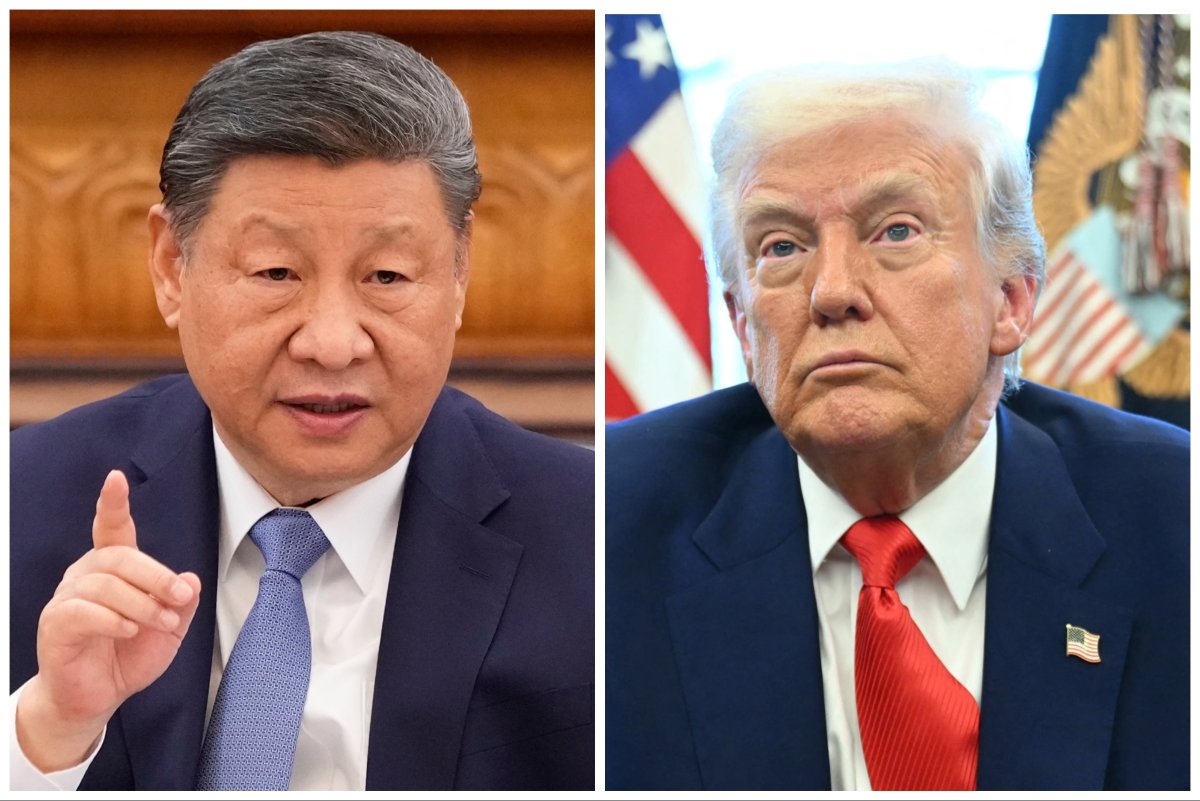
Xi Jinping Faces His Toughest Test Yet As China and U.S. Lock Horns In Escalating Tariff Battle
The latest salvo in the U.S.-China trade war has sent shockwaves through global markets and diplomatic circles, as President Xi Jinping’s government retaliates against President Donald Trump’s barrage of tariffs with punishing duties of its own. Already battered by years of tension, the relationship between the world’s two largest economies is now teetering on the brink of an all-out economic conflict, with no end in sight.

For Xi, who has steadfastly maintained a stance of resilience throughout the COVID-19 pandemic and ambitious pushes in electric vehicle and solar manufacturing, the most recent escalation poses his greatest leadership challenge since the pandemic. On Friday, the Chinese government upped tariffs on U.S. goods to 125%—a direct response to Trump’s earlier hike of U.S. tariffs on Chinese products to 145%. “There will be no winners in a tariff war, and going against the world will only isolate oneself,” Xi declared in a pointed message from Beijing, echoing his long-held philosophy of self-reliance and defiance against external pressure.

The Ministry of Commerce in Beijing underscored Xi’s uncompromising posture, lambasting the U.S. approach as "weaponizing tariffs as a tool of bullying and coercion, turning itself into a joke." It was a sentiment echoed through Chinese state media and further burnished by Xi’s diplomatic campaign, which included high-profile meetings with Spain’s prime minister and an upcoming Southeast Asian tour to cement non-U.S. trade alliances.
Analysis suggests this is not just a tit-for-tat struggle over numbers. The impact is already being felt far beyond the negotiation table. Stock markets have slumped; fears of a global recession loom. Trump, meanwhile, has signaled no desire to be the first to blink, pausing tariffs only for other trading partners, not China, and insisting in a Truth Social post that “the days of ripping off the U.S.A., and other Countries, is no longer sustainable or acceptable.”

Yet Xi is making it clear that his country will not be bullied. In his first public remarks on the trade spat, he doubled down on China’s unwavering determination: “For over 70 years, China’s development has relied on self-reliance and hard work—never on handouts from others, and it is not afraid of any unjust suppression.” His government has threatened further retaliatory measures, from curbing U.S. cultural imports such as Hollywood movies to examining the profits of American intellectual property in China.
Beijing is also seizing the moment to woo other powers. Xi’s outreach to European and Southeast Asian leaders, stressing shared responsibility to uphold international trade rules, is as much a warning to Washington as it is an invitation to new alliances. “China and the EU should…work together to oppose unilateral bullying,” Xi told Spanish Prime Minister Pedro Sanchez, underscoring his intent to forge a multipolar world order.
The high-octane tariff duel leaves both domestic and global audiences with pressing questions: Will either side blink before economic damage becomes irreparable? Will China’s new alliances shift the trade balance, or will smaller nations simply become collateral damage in a global economic standoff?
As this unprecedented trade conflict continues, its ripple effects will be felt for years to come. Do you believe either China or the U.S. can emerge as a clear winner—or is the world headed for a prolonged period of uncertainty? Share your perspective in the comments below.